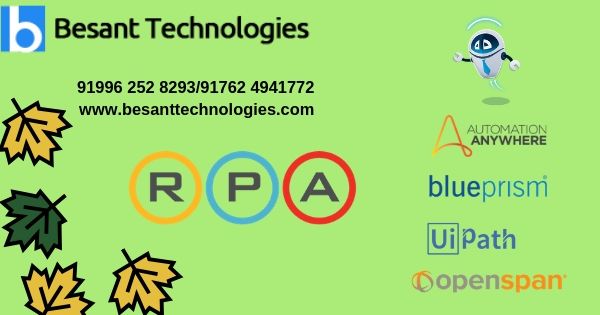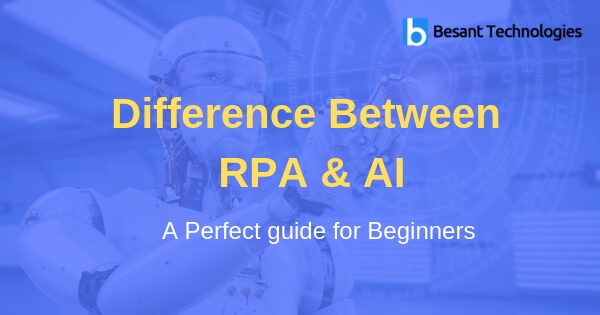RPA is a technology application, governed by business logic and structured entries, aimed at automating business processes. With RPA tools, a company can configure software or a “robot” to capture and interpret applications to process a transaction, manipulate data, trigger responses and communicate with other digital systems. The RPA scenarios range from something as simple as generating an automatic response to an email to deploying thousands of robots, each programmed to automate the work in an ERP system.
Operations managers working for financial services firms were at the forefront of adopting RPA, finding ways to use software to facilitate business processes without increasing staff or costs, says Regina Viadro, vice president of EPAM Systems and advisor of the AI practice of the company. Viadro has worked in RPA contracts for clients in financial services, medical care, retail and human resources, showing the extent of the use of RPA at present.
What are the benefits of RPA?
RPA provides organizations with the ability to reduce personnel costs and human errors. David Schatsky, managing director of Deloitte LP, points out the experience of a bank with the implementation of RPA, in which the bank redesigned its claims process by implementing 85 bots to execute 13 processes, handling 1.5 million requests per year. The bank added an equivalent capacity to more than 200 full-time employees, approximately 30 percent of the cost of recruiting more staff, says Schatsky.
The bots are usually low cost and easy to implement, and do not require custom software or deep systems integration. Schatsky says such characteristics are crucial, as organizations seek growth without adding significant costs or friction among workers. “Companies are trying to get some space to breathe in order to better serve their business by automating low-value tasks,” says Schatsky.
Companies can also enhance their automation efforts by injecting RPA with cognitive technologies such as ML, speech recognition and natural language processing, automating higher-order tasks that in the past required human perception and judgment capabilities.
Become an RPA Certified Expert in 25Hours
Such RPA implementations, in which more than 15 to 20 steps can be automated, are part of a value chain known as intelligent automation (IA), says Viadro. “If we had to segment all the big companies and ask them what’s on their agenda for 2018, almost 100 percent would say that automation is smart,” says Viadro.
By 2020, according to Gartner, automation and artificial intelligence will reduce the requirements of employees in shared business service centres. According to the executive, the RPA market will reach $ 1 billion by 2020. By then, 40 percent of large companies will have adopted The RPA software tool, an increase of less than 10 percent today.
For a more in-depth look at the benefits of RPA, see “Why bots are ready to interrupt the company” and “Automation of robotic processes is an excellent application for cognitive computing”.
Become an RPA Expert with Certification in 25Hours
RPA applications
Some of the main applications of RPA include:
- Customer service: RPA can help businesses provide better customer service by automating contact centre tasks, including electronic signature verification, loading scanned documents, and verifying approvals or automatic rejections.
- Accounting: organizations can use RPA for general accounting, operational accounting, transactional reports and budgets.
- Financial services: Companies in the financial services industry can use RPA for currency payments, automate account openings and closings, administer audit requests and process insurance claims.
- Medical care: Medical organizations can use RPA to manage patient records, claims, customer service, account management, billing, reports and analysis.
- Human Resources: RPA can automate human resources tasks, including integration and integration, updating employee information and timesheet submission processes.
- Supply chain management: RPA can be used for purchases, automate the processing and payment of orders, monitor inventory levels and track shipments.
To getting expert-level training for Data Science Training in your location –RPA Training in Chennai | RPA Training in Bangalore | RPA Training in Pune |RPA Training in Tambaram






